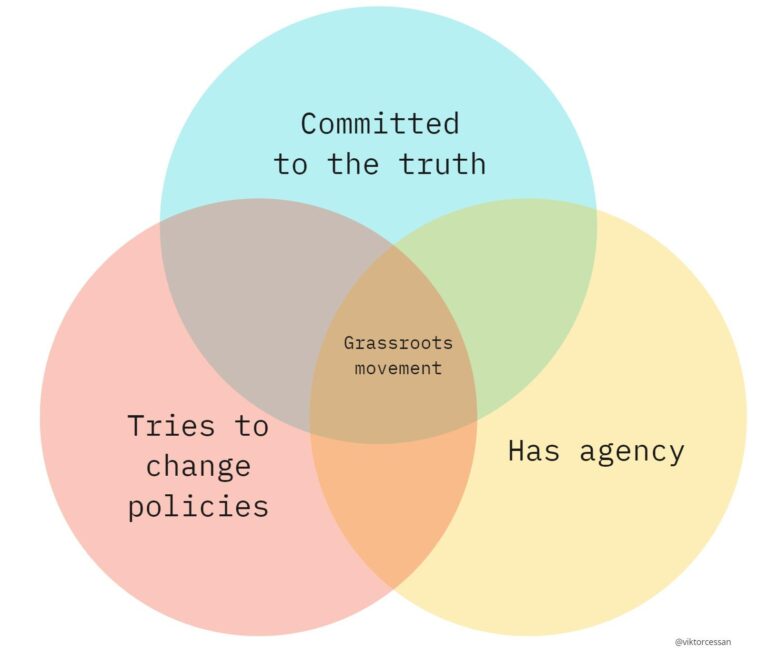Introduction
Grassroots movements in Brazil play a crucial role in shaping pro-poor policies. These organizations represent the voices of the marginalized and advocate for systemic changes that address social inequalities. Through community mobilization and activism, they highlight pressing issues faced by impoverished populations.
The Role of Grassroots Movements
Grassroots movements are integral to Brazil’s socio-political landscape. They empower local communities to organize and petition for their rights, aiming to influence government policy. This grassroots pressure has led to significant changes in public perception and policy prioritization.
Key Issues Addressed by Activists
Activists focus on several key issues, including access to education, healthcare, and housing. These essential services are often neglected in policy discussions, particularly for low-income communities. By bringing these matters to the forefront, grassroots movements help shape the legislative agenda.
Successful Examples of Grassroots Advocacy
Brazil has seen notable successes due to grassroots advocacy, such as the expansion of the Bolsa Família program. This conditional cash transfer program has significantly reduced poverty levels, showcasing the power of organized community efforts. The program’s success is a testament to how grassroots movements can influence policy for the better.
Connecting with Broader Networks
Grassroots movements in Brazil often connect with international organizations. These partnerships can provide valuable resources, expertise, and visibility to local causes. This connectivity amplifies their efforts and can draw global attention to systemic issues faced by impoverished Brazilians.
The Future of Pro-Poor Policies
As Brazil continues to navigate economic and social challenges, grassroots movements will remain vital. Their ongoing commitment to advocacy ensures that the voices of the disenfranchised are heard. With continued support and mobilization, these movements can drive the creation of more effective pro-poor policies.
Conclusion
The impact of grassroots movements on pro-poor policies in Brazil cannot be underestimated. They are shaping the future of policy by demanding accountability and representation. To learn more about these initiatives and their effects, visit the Borgen Project’s detailed overview of pro-poor policies in Brazil here.

